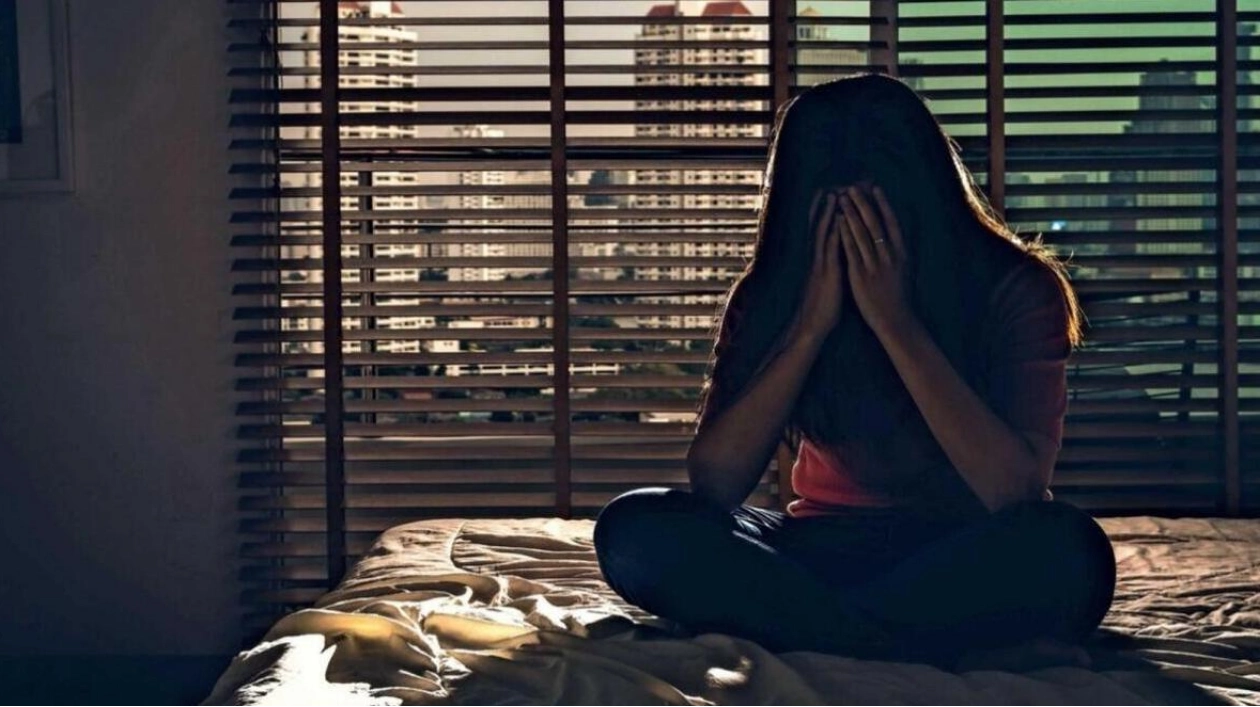In addition to the escalating temperatures, another issue is on the rise during the summer months in the UAE — Vitamin D deficiency. As temperatures exceed 50°C, residents are increasingly confined indoors to avoid the intense heat. Although this is crucial for safety, it poses a significant challenge in maintaining sufficient Vitamin D levels, which are predominantly acquired through sunlight exposure.
R.K., a 27-year-old male from Yemen, experienced a decline in mood and persistent fatigue, symptoms suggestive of depression. After a clinical evaluation at Thumbay University Hospital, his severely low vitamin D levels were confirmed with a serum concentration of 7 ng/mL. He was prescribed a rigorous vitamin D treatment, including oral supplementation of 50,000 IU weekly for three months. Subsequent tests showed a marked improvement, with his levels rising above the normal range.
Sarah, a 32-year-old Dubai resident, works long hours in an office with limited sun exposure and stays indoors during the intense summer heat. Her vitamin D levels, tested at 15 ng/mL, were found to be deficient. She was advised to take 2000 IU of oral vitamin D supplements daily and to increase her exposure to sunlight during early mornings. After three months, her vitamin D levels improved to 35 ng/mL, and her symptoms significantly reduced.
Dr. Ghada Badri from Thumbay University Hospital highlighted that reduced outdoor exposure limits natural vitamin D synthesis. Dr. Nagwa Khalil Akasha, an endocrinologist, recommends safe morning and late afternoon sun exposure to balance vitamin D levels. Natural dietary sources of vitamin D include fatty fish, egg yolks, fortified foods, and certain mushrooms.
Dr. Jaya Geetha emphasized that oral vitamin D supplements are crucial for maintaining levels, especially for those with limited sun exposure. Symptoms of vitamin D deficiency include fatigue, bone pain, muscle weakness, mood changes, and frequent infections.






